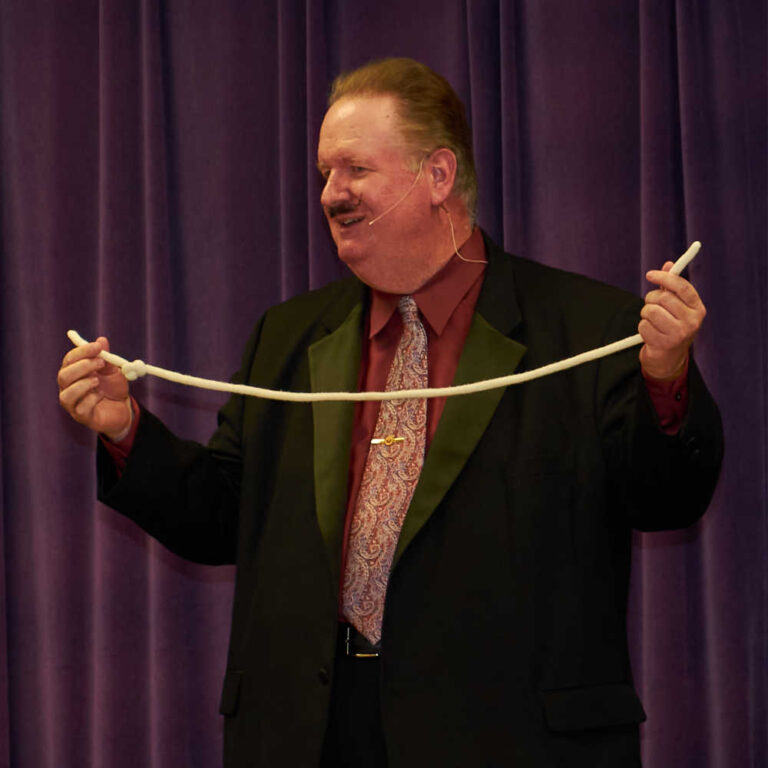Atlanta Magic Night Celebrates 4 Years of Wonder

Atlanta Magic Night Celebrates 4 Years of Wonder City’s Longest-Running Magic/Mentalism Show Continues to Amaze ATLANTA – April 17, 2018 — Atlanta’s longest-running magic and mentalism show, Atlanta Magic Night, celebrates its four-year anniversary on May 5, 2018 at 8:00 PM at the Red Light Café in midtown. The show was launched in May […]
Small Action, Big Impact

Small Action, Big Impact Have you ever considered the impact that a small action or decision can have on your audience? Something you consider minor can have an enormous impact on a customer, client, or anyone else who is paying attention to your brand. Here’s a real-world experience that may give you something to think […]
7 Tips for Microphones and Meetings
Planning for and Using Microphones: 7 Tips Here are a few lessons learned about planning and using microphones at meetings and events, gleaned from my own experience and experiences from other meeting planners. I hope you find them useful! If you’re a planner, consider the Rule of 30: If your event: – involves more […]
Meeting and Event Planner Personality Types: The Exorcists
This week we wrap up our exploration of meeting and event planner personality types. Last week we discussed the Expanders. Today: The Exorcists! Exorcists like to ask the question, “How can I just end this and avoid another horrible experience?” An unfortunate third possibility is that a client has worked with another provider in the […]
Evaluating the Quality of Unique Services
Most people have never experienced live magic or mentalism, and even fewer have had to book a performer or speaker for an event. Here are 6 tips for evaluating the quality of providers of unique services when you lack a large set of real-life “data points” from which to make your assessments.
The Gratis Factor: 5 Tips for Getting Entertainers to Donate Shows
Last week I had the opportunity to be part of a wonderful tradition here in Atlanta. Bert Weiss, host of Q100’s “The Bert Show,” created a foundation (along with his wife Stacey) to help children with chronic or terminal illnesses experience a magical weekend with their families at Walt Disney World. The first trip happened […]


